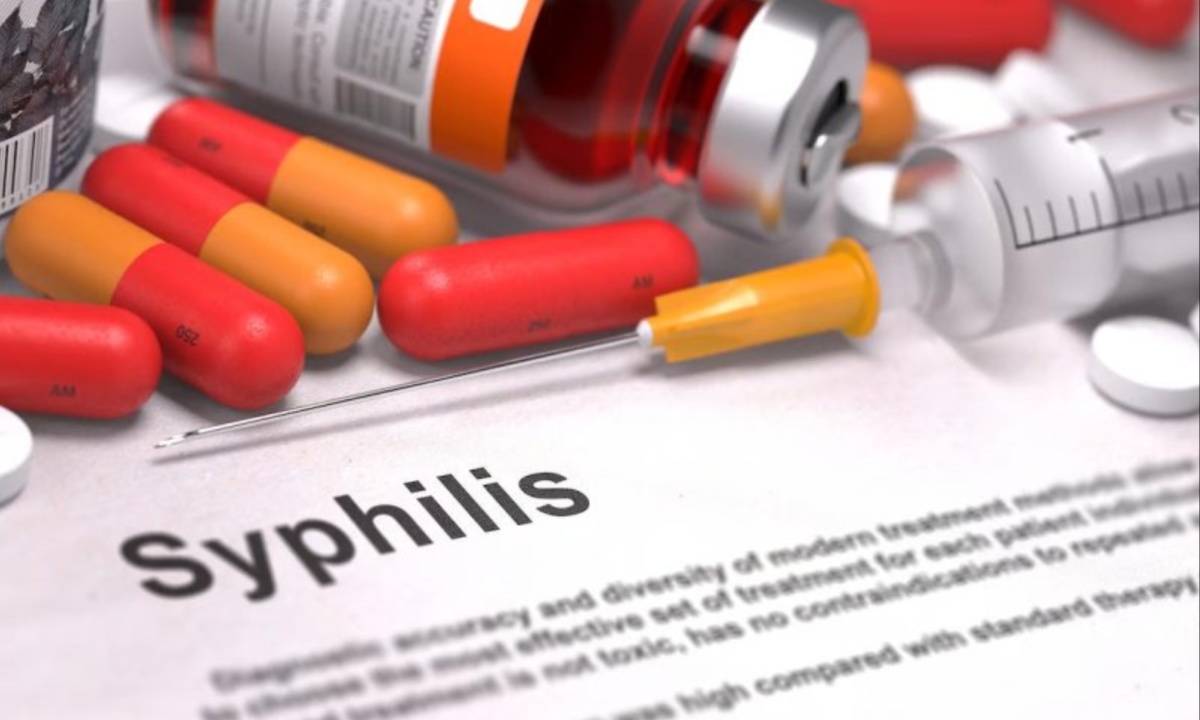The U.S. saw promising developments in its battle against sexually transmitted diseases (STDs) in 2023, with syphilis and gonorrhea cases declining and chlamydia cases remaining below pre-pandemic levels, according to new CDC data. This trend follows years of alarming increases in STDs fueled by factors such as declining condom use, limited sex education, and decreased testing and treatment services, especially during the COVID-19 pandemic.
Syphilis cases in their most infectious stages dropped by 10% in 2023, marking the first notable decrease in over two decades, while gonorrhea cases declined by 7% for a second consecutive year. Dr. Jonathan Mermin of the CDC expressed optimism about these improvements, indicating that recent efforts to curb the spread of STDs are beginning to show results.
Despite the declines in some areas, more than 2.4 million cases of syphilis, gonorrhea, and chlamydia were still reported in 2023, underscoring ongoing public health concerns. Syphilis, in particular, remains worrisome due to its historical severity and resurgence since the early 2000s, particularly among men who have sex with men.
While early-stage syphilis cases dropped by 13% among gay and bisexual men for the first time since the mid-2000s, there was an increase in later-stage syphilis cases, which often indicates undiagnosed infections from previous years. Additionally, cases of congenital syphilis, which infects newborns via maternal transmission, rose, resulting in severe outcomes like stillbirths and infant deaths, highlighting the need for increased testing in pregnant women.
A key factor in the recent improvements may be the use of doxycycline as a preventative measure against STDs. Studies have shown that taking doxycycline within 72 hours after unprotected sex significantly reduces the risk of contracting syphilis, gonorrhea, and chlamydia.

The CDC formally recommended this “morning-after” antibiotic approach in 2023 for gay and bisexual men and transgender women with recent STD diagnoses, although some cities had already been distributing the drug to these groups. Another potential influence was the 2022 mpox outbreak, which primarily affected gay and bisexual men; it may have led to heightened vigilance around sexual health and testing for unusual symptoms.
In addition to doxycycline, increased funding for health departments to test, trace contacts, and connect individuals to STD treatments likely contributed to the improved numbers. Congress allocated $1.2 billion in funding for STD prevention over five years, of which $600 million went directly to health departments.
David Harvey, executive director of the National Coalition of STD Directors, noted that 2023 saw the highest levels of activity under this funding program, but these gains could be at risk. Congress cut off the remaining $400 million from the program as part of a recent debt ceiling deal, leading to some job losses in public health roles dedicated to STD prevention and treatment.
Despite funding setbacks, there are reasons for optimism, with increased use of preventive measures like doxycycline and the potential for greater access to at-home STD test kits. Additionally, the possibility of future federal support for STD prevention aligns with recent efforts to reduce HIV infections.
The Trump administration, for example, launched an initiative to reduce new HIV infections by 2030, a goal that some experts believe could indirectly benefit STD reduction efforts. Dr. Jeffrey Klausner emphasized that government investment in public health has historically resulted in declines in STD cases, underscoring the need for sustained funding and resources to continue these positive trends.
